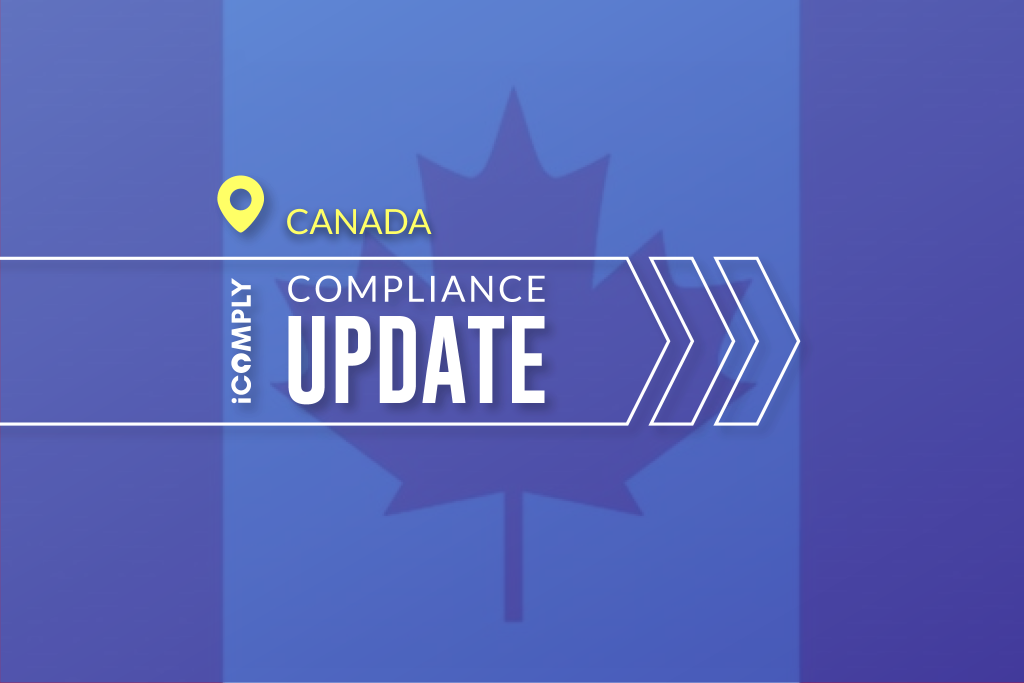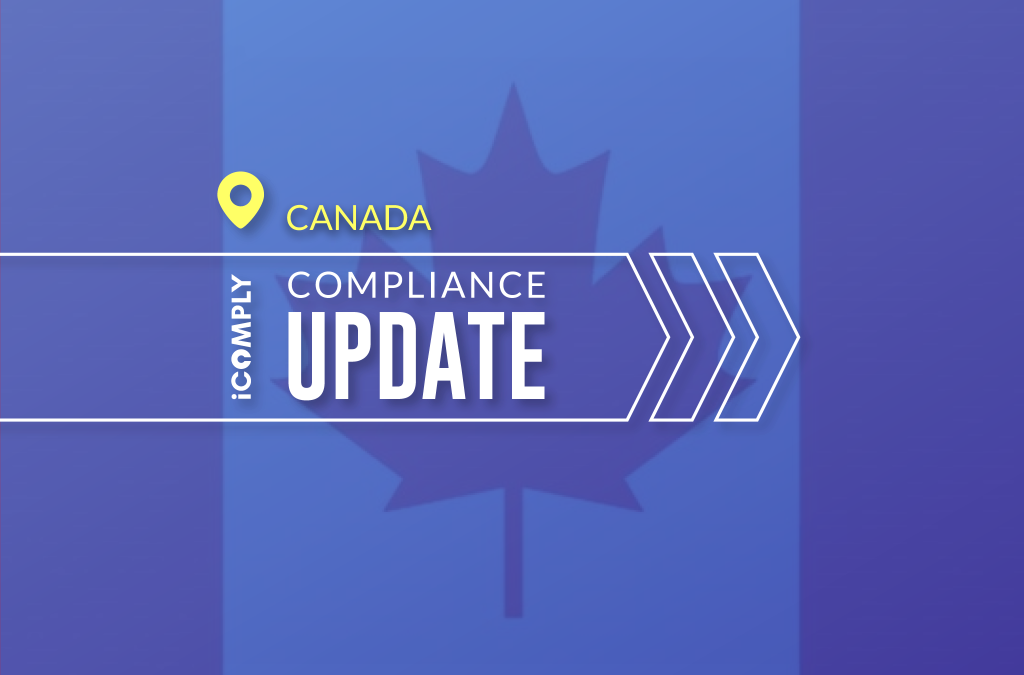IIROC Imposes $250,000 Fine on Laurentian Bank Securities Inc.

The Investment Industry Regulatory Organization of Canada fines Laurentian Bank Securities Inc. US$250,000 for not using a transaction monitoring system
What Happened?
April 16, 2020: Laurentian Bank Securities Inc.–a regulated investment dealer under the jurisdiction of the Investment Industry Regulatory Organization of Canada (IIROC)–was charged with failing to implement and maintain an adequate trading supervision system, which resulted in the organization failing to comply with AML obligations.
In a hearing that took place on April 24, 2020, the IIROC Hearing Panel accepted a settlement agreement, according to which Laurentian Bank Securities Inc. agreed to pay US$250,000 in fines.
Source: https://www.iiroc.ca/Documents/2020/227d22f8-bca1-49f9-8161-157d63ea9ffd_en.pdf
Who Is Impacted?
Businesses that facilitate the trading or exchange of regulated assets–including equities, debt, derivatives, and cryptocurrencies.
Why This Matters?
Failing to have a transaction monitoring system in place creates the risk of money laundering going unnoticed within your business.
Transaction monitoring is a requirement that, when overlooked, will result in staggering fines, sanctions, and damage to the integrity of your brand’s reputation.
What’s Next?
IIROC’s Trading Conduct Compliance department (TCC) is tasked with regularly examining and testing their participant’s transaction monitoring systems to identify any problems or concerns.
Laurentian Bank Securities Inc. will be required to address these concerns and to correct the deficiencies. Going forward, the firm can expect to face increased scrutiny and reputation damage and will continue to appear in AML screening for Adverse Media and Watchlists for years to come.
learn more
Is your AML compliance too expensive, time-consuming, or ineffective?
iComply enables financial services providers to reduce costs, risk, and complexity and improve staff capacity, effectiveness, and customer experience.
Request a demo today.
Understanding Enhanced Due Diligence (EDD): A Deep Dive
What is Enhanced Due Diligence (EDD)? Enhanced Due Diligence (EDD) is a crucial component of compliance programs within financial institutions, fintech companies, and other regulated entities. Unlike standard due diligence, EDD involves a more thorough investigation...
How to Integrate New Compliance Technologies: A Guide to KYC Integration
Integrating new compliance technologies into your existing systems can seem daunting, but with a structured approach, it becomes manageable and highly beneficial. This guide outlines the steps for integrating compliance technologies, focusing on leveraging the...
The Role of Edge-Computing in Compliance
Edge computing is transforming various industries by bringing data processing closer to the source of data generation. In the realm of compliance, particularly in financial services, edge computing offers significant advantages by enhancing speed, security, and...




